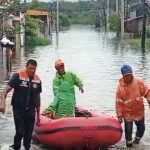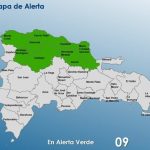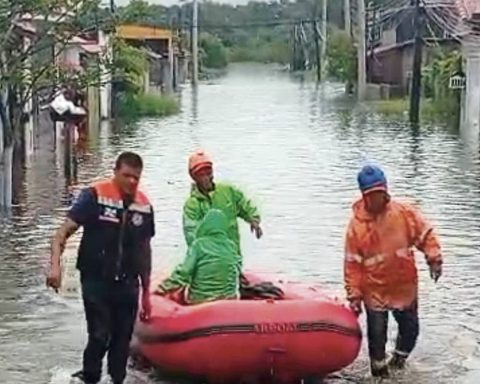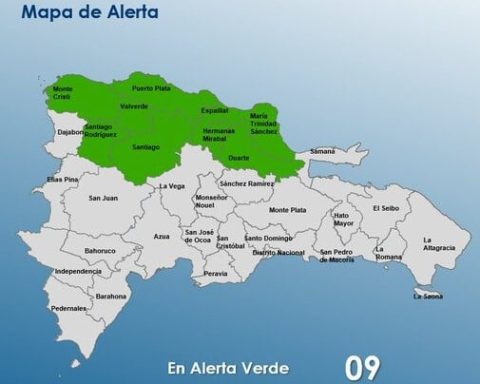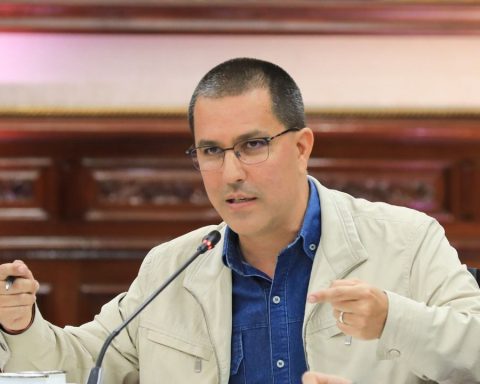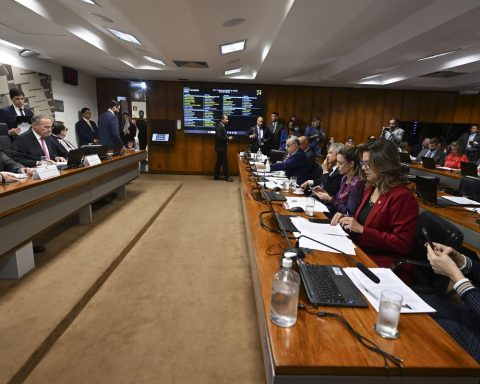June 4, 2023, 4:00 AM
June 4, 2023, 4:00 AM
On May 10 and 11, I had the opportunity to be present at the 20th edition of the Natural Gas Seminar, sponsored by the Brazilian Petroleum Institute (IBP) in Rio de Janeiro. About this event, I will make some reflections and predictions, which impact this industry, not only in the country of samba, but also in neighboring countries.
I must highlight the high level of participation in terms of number of delegates. I am aware that 850 registered and 750 participated. The room was often a bit small for the number of attendees. I must also highlight the hierarchy and level of participation of institutions and companies from the public and private sectors in the numerous panel discussions during the two days. They were all who had to be.
The two previous points reflect the importance for Brazil of having a competitive natural gas in the current and future energy matrix and within the New Natural Gas Market that has been implemented as of Law 14134 (2021). This reform introduces competition and removes the drying monopoly that Petrobras had, with privatizations, with open access to gas pipelines and other infrastructure, and various other reforms that allow the participation of the private sector, introduce competitiveness, and lower rates and prices.
I want to remind you that natural gas is the essential energy source towards the long-awaited energy transition and the decarbonization of the planet. It is the cleanest, most abundant and most competitive fossil fuel to support renewable energy (hydro, solar and wind) and also replaces the much more polluting coals and heavy fuels still used to generate electricity. Additionally, it is the essential energy to move the industry (boilers, ovens, etc.) and also for use in maritime and land transport. Do not forget its vital importance as a raw material in the chemical and petrochemical industry.
Brazil has an electrical matrix that is highly based on hydro generation. When it does not rain, it requires a strong support that comes and will come from generation with natural gas (thus avoiding blackouts in the past). By 2022, the installed hydraulic capacity is 58% and the generation with water was 63%. To this we must add that the private sector is making significant investments in solar and wind energy that require flexible backup (when needed).
I will add the demand of the industry in Brazil, which requires firm energy to continue producing and exporting, and also the demand of the chemical and petrochemical industries that have been demanding a more competitive gas for its future transformation. Especially the production of urea in an agricultural country that must import absolutely everything.
Many issues were discussed, such as the “bypass” to the transmission and distribution of the electricity sector and its regulation, state tax issues, biogas and others. But, above all, it was discussed where the safe and competitive gas molecule will come from in the future. Undoubtedly, imported LNG is and will be the ideal support for the electricity sector and for this there are new terminals under construction and under study. However, it is more expensive gas and subject to fluctuations in international prices.
The main debate focused on how to reach the market competitively with the huge amount of natural gas that is available and reinjected offshore Brazil and mainly in the Pre-salt (associated gas and with CO2). Huge investments are needed to produce, separate and transport the gas to the coast to reach the pipelines and the market.
The necessary mechanisms and incentives are being studied so that this gas becomes competitive to achieve a true industrial transformation in Brazil and that it can feed industries and petrochemical and urea plants in particular. Task that the Brazilian Government, several institutions and companies have been studying.
During the event, the “Final Investment Decision” (FID) of the BMC-33 project operated by Equinor was held, in association with Petrobras and Repsol/Sinopec, which will supply the market with 16 Million Cubic Meters Day (MMm3/d) from from 2027-2028. Also from the SEAP project led by Petrobras and which will put an additional 18 MMm3/d on the market by 2028. This will be added to the delayed Ruta 3 project that in 2024 will deliver 18 MMm3/d. Some of this gas will replace declining import production from Bolivia and production from mature fields in Bahía de Campos and other basins.
It was very sad to see that none of the panels made any reference to the once great provider that Bolivia had been for almost 25 years. In the imagination of the players in the natural gas industry in Brazil, the future supply of Bolivia is no longer on the radar. Brief mention was made of the possibility of using competitive gas from Argentina (Vaca Muerta) using existing infrastructure from Bolivia and already depreciated. Undoubtedly, an alternative that should be explored and promoted, but that requires hard work in coordination by the three countries.
* Former Minister of Hydrocarbons of Bolivia and Current Managing Partner of Gas Energy Latin America







